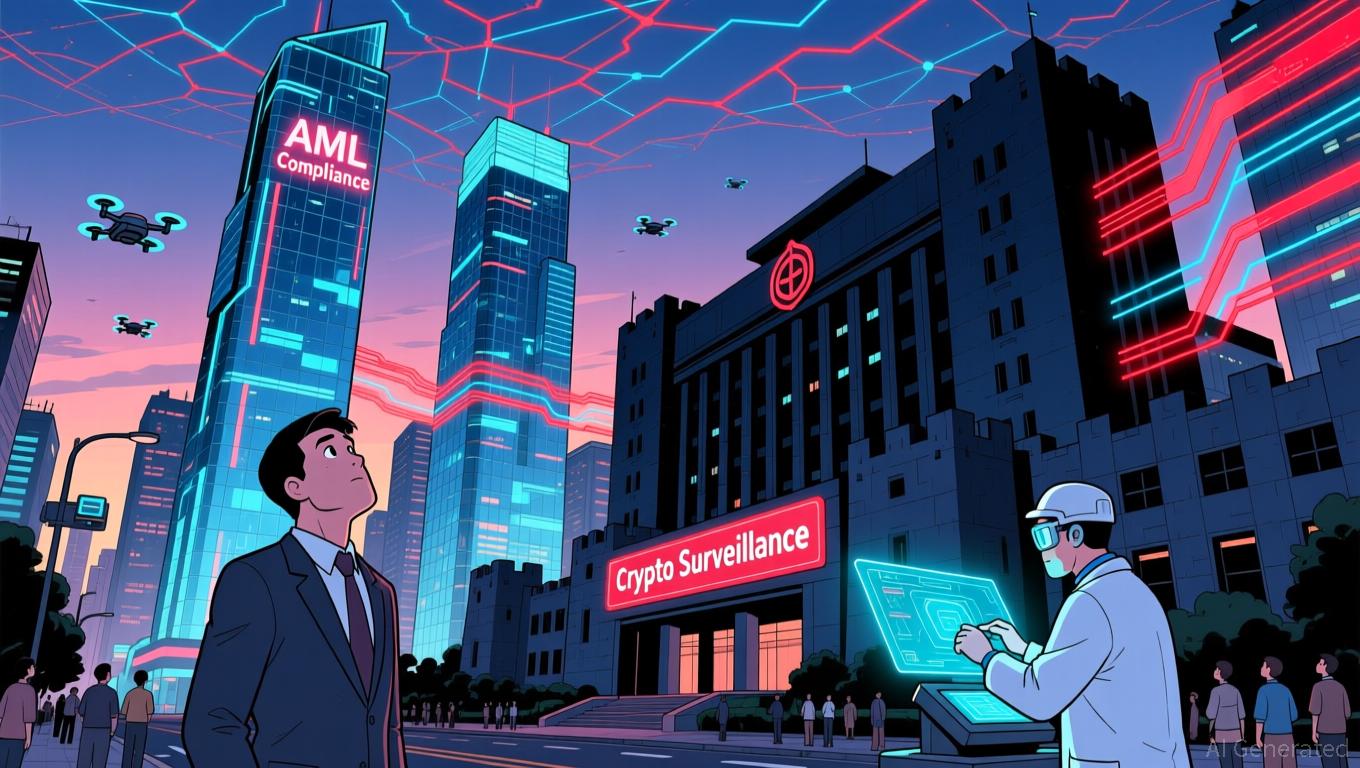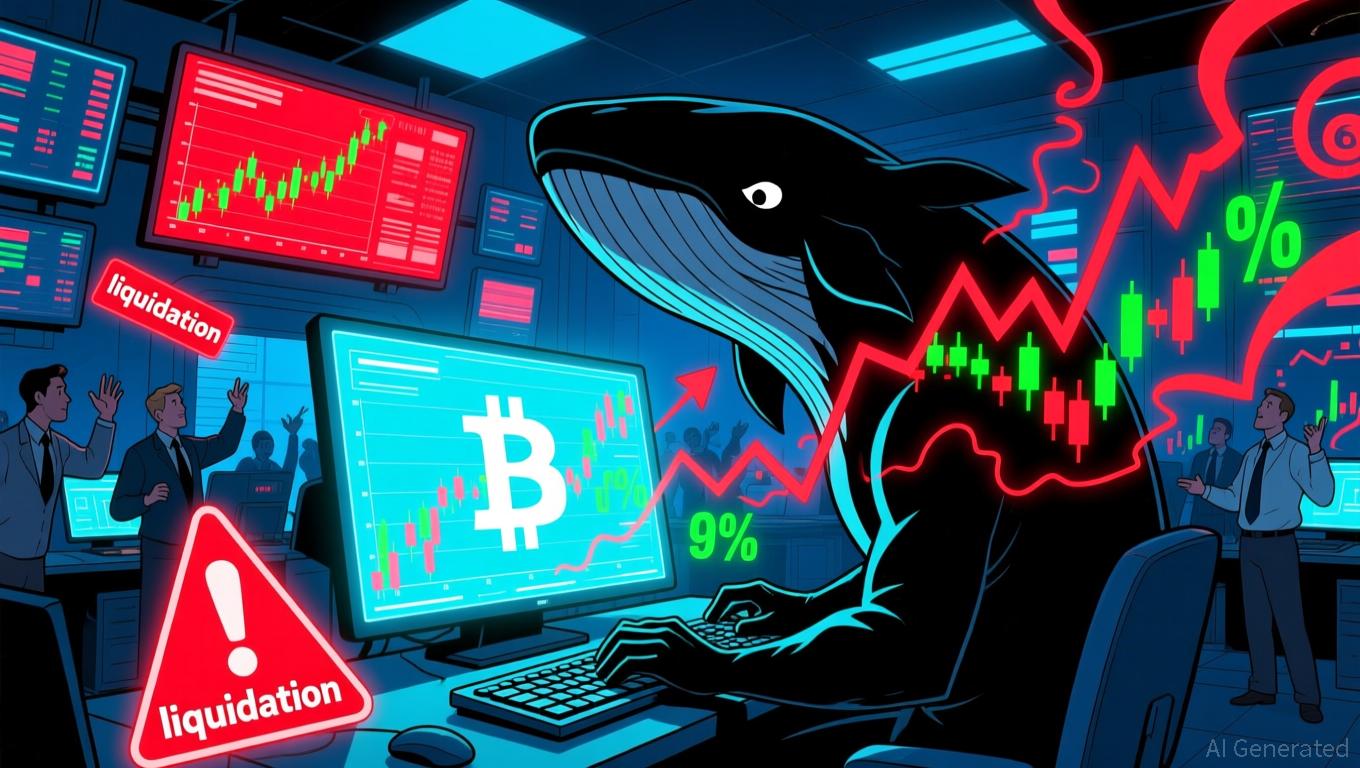Orbs announces dSLTP, first-ever decentralized stop order protocol for DEXs
Orbs has introduced dSLTP, a decentralized system that enables on-chain stop-loss and take-profit orders for DEX users without relying on centralized intermediaries.
Orbs, the decentralized Layer-3 (L3) blockchain, has introduced dSLTP , the first-ever decentralized stop order protocol for DEXs. Built on Orbs’ infrastructure, dSLTP brings reliable, robust, and efficient stop-loss and take-profit execution to decentralized trading, all without compromising security and decentralization.
dSLTP joins the Orbs Advanced Trading Orders Suite, alongside dLIMIT and dTWAP, expanding DeFi’s capabilities with CeFi-grade trading features.
Stop orders are critical tools for strategic trading and risk management. They help traders: protect their portfolio with stop-loss orders that limit potential downside, secure profits through take-profit orders that automatically lock in gains at target levels, and automate execution without needing to constantly monitor the market.
A stop-loss order automatically sells a token once its price drops below a predefined level, helping traders limit losses in volatile markets. Stop-loss orders are essential in fast-moving markets, offering peace of mind and protection. A take-profit order automatically sells once the price reaches users’ target profit level.
When used together, stop-loss and take-profit create a balanced risk/reward strategy, maximizing upside while controlling downside exposure. Until now, such tools were primarily available only on CEXs. With dSLTP, this changes, making advanced order automation accessible directly on DEXs. dStopLoss comes with a specialized UI that can be easily integrated and customized by any DEX.
dSLTP supports both stop-market and stop-limit orders, giving users the ability to set up the optimal configuration that suits their needs. Stop-market orders guarantee that users’ orders will be executed once the stop price is triggered.
However, in fast or volatile markets, slippage can occur, and the executed price may be significantly worse than the trigger price. This means the amount of output tokens received could be lower than expected.
Stop-limit orders protect against receiving a worse price than the specified limit. Once the stop price is triggered, the order will execute only at the limit price or better. The downside is that if the market price falls below the users’ set limit, the order may not execute at all.
Disclaimer: The content of this article solely reflects the author's opinion and does not represent the platform in any capacity. This article is not intended to serve as a reference for making investment decisions.
You may also like
South Korea Implements Comprehensive Crypto AML Enforcement: Exchanges Subject to Standardized Sanctions
- South Korea's FIU is imposing uniform penalties on major crypto exchanges like Upbit and Bithumb for AML/KYC violations, starting with a 35.2 billion won fine on Dunamu. - A "first-in, first-out" enforcement timeline extends into 2026, with Korbit and GOPAX facing imminent sanctions while Bithumb's case delays due to order book inspections. - The crackdown reflects South Korea's global regulatory leadership, aligning with stricter AML compliance and a delayed 2027 crypto tax regime that heightens market

XRP News Today: XRP Faces a Pivotal Moment—ETF Excitement Clashes with Technical Skepticism
- XRP's price debate intensifies as spot ETFs attract $410M inflows but fail to push the token above $100, with analysts divided on their long-term impact. - Prominent analyst Moon argues $10+ targets require more than ETF demand, contrasting bullish claims about XRP's utility-driven $1,000 potential. - Ripple's $500M Swell 2025 funding and 11 approved XRP ETFs signal institutional confidence, though historical post-Swell declines persist. - Technical indicators show mixed signals: $2 support retests and p

Bitcoin News Update: Major Whale Places $87 Million 3x Leveraged Bet Opposing BTC Surge Amid Divided Market
- A Hyperliquid whale opened a $87.58M 3x BTC short, contrasting with bullish market trends and other traders' strategies. - Another 20x $131M short faces liquidation risk if BTC surpasses $111,770, while $343.89M in 24-hour liquidations highlight short-position vulnerability. - Technical indicators (RSI 66, 15/1 buy/sell signals) and institutional BTC purchases support upward momentum despite liquidity risks on Hyperliquid. - Diverging whale strategies and macro factors like Fed policy underscore crypto's

Ethereum News Update: Major Institutions View Ethereum as a Key Asset, Outpacing ETF Investments
- 68 publicly traded firms now hold 12.7 million ETH, surpassing all Ethereum spot ETFs' 11.3 million holdings as of July 2024. - Firms like Coinbase and Gemini lead corporate accumulation, while banks like Fidelity expand crypto custody services for institutional clients. - Analysts cite regulatory clarity and improved risk frameworks as drivers, with 72% of institutional investors boosting crypto allocations in 2024. - Critics warn of market manipulation risks as corporate holdings now control 54% of ins
